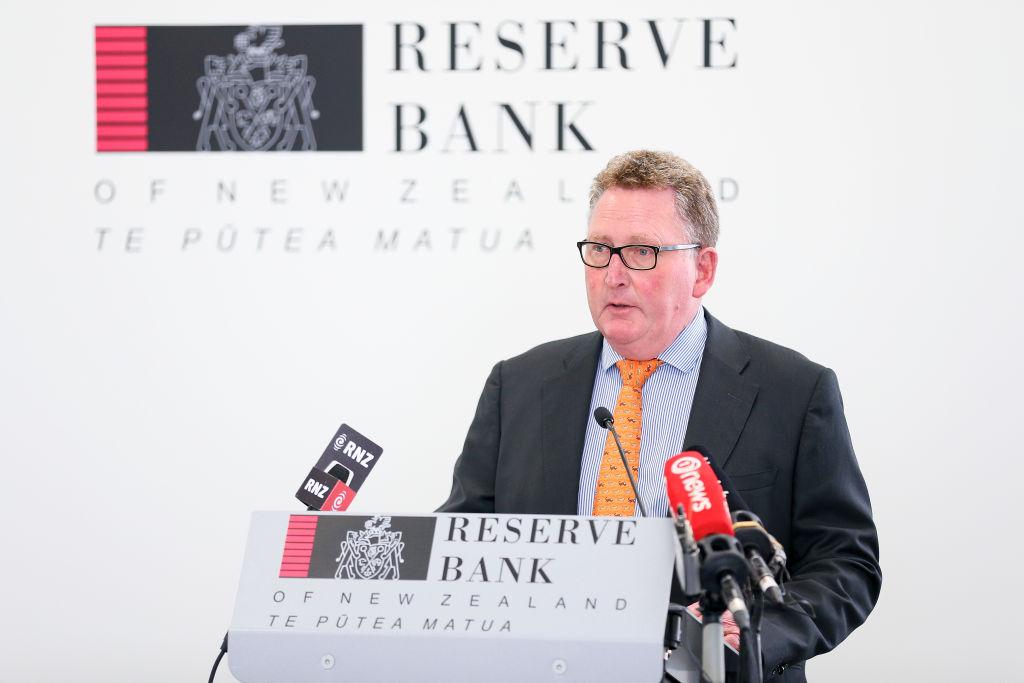The governor of New Zealand’s central bank admitted to the institution’s role in contributing to the country’s high inflation rate.
As the Reserve Bank of New Zealand (RBNZ) undertakes the first ever review of its monetary policy remit, governor Adrian Orr acknowledged a research paper on how the institution’s mistakes after 2019 led to inflation.





